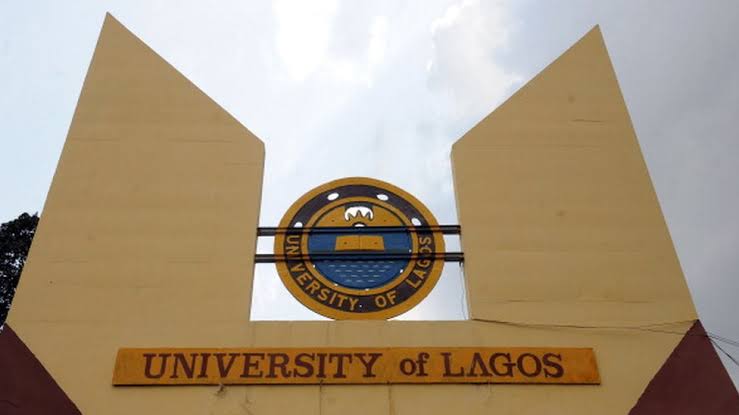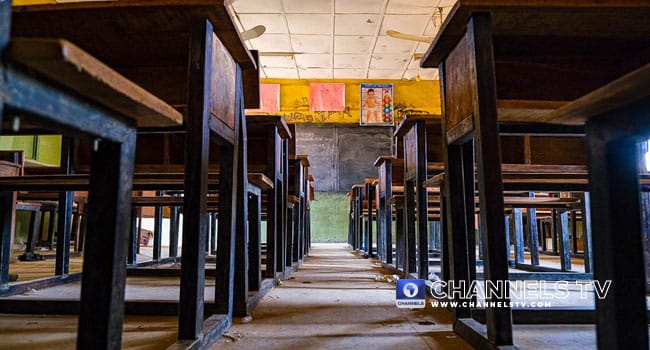The Nigerian Education Loan Fund (NELFUND) has officially issued fresh clarifications regarding the student upkeep loan disbursement process, and these updates are extremely important for every Nigerian student hoping to benefit from the scheme.
Since the launch of the loan programme, many students have been asking questions such as: “Why did my upkeep stop?”, “Do I need to reapply every session?”, or “What happens if my school runs a different calendar?” Well, NELFUND has now provided answers — and the new system is designed to make the process clearer, fairer, and more transparent.
Let’s break it down in a way every student can understand.
🔑 Key Highlights of the New Guidelines
1. Disbursement is Now Tied to Academic Sessions
NELFUND has made it clear that the student upkeep loan will no longer run continuously without checks. Instead, disbursement is strictly aligned with your school’s academic session.
👉 This means that once an academic year officially ends, the upkeep loan for that session automatically stops — no matter when you applied. If you’re moving into a new session, you must apply again.
For example:
- If you’re a 200-level student and your school session ends in July, your upkeep loan stops immediately.
- When your 300-level session begins, you’ll need to submit a fresh application for that new academic year.
This change is to ensure fairness and to match each student’s financial support with their actual academic journey.
2. Reapplication is Mandatory Every Session
Gone are the days when one application could cover multiple years. Now, students must apply at the beginning of every academic session.
This new rule applies to both:
- Institutional charges (like tuition and departmental fees)
- Upkeep allowances (money for personal expenses, books, accommodation, feeding, etc.)
So, if you’ve already received your loan in the past, don’t relax — you must reapply when a new session begins to continue enjoying the benefits.
3. The Loan Portal Has Been Upgraded
To reduce confusion and errors, NELFUND has improved its online application system.
✔️ The portal now only displays upkeep loans that belong to the relevant academic session.
✔️ Students will also see clear reasons for rejection on their dashboard — whether due to incomplete documents, session mismatch, or incorrect details.
This move ensures transparency and helps students fix mistakes quickly without unnecessary delays.
4. Why the Change?
Some students might wonder why NELFUND decided to introduce these stricter guidelines. The reasons are simple but important:
- Different Academic Calendars: Not all schools in Nigeria run the same academic year. Without this rule, some students could receive duplicate payments while others are left behind.
- Preventing Abuse: By tying loans to sessions, NELFUND reduces the risk of multiple upkeep payments for the same level of study.
- Accountability: The system now ensures that funds go to genuinely enrolled and active students only.
5. Institutions Must Play Their Role Too
NELFUND has also placed some responsibility on universities and other tertiary institutions. Schools are now expected to:
- Upload their academic calendars to the NELFUND system on time.
- Keep student enrolment and session details updated.
This is to prevent cases where students lose out because their institution failed to provide accurate information.
6. Commitment to Fairness
Despite these new rules, NELFUND reassured students that nobody will be unfairly denied access. As long as your application is accurate and submitted within the academic session, you are eligible.
This should give students confidence that the programme remains a true support system for those in need.
💡 What Students Should Do Next
Here are some practical steps to ensure you don’t miss out:
- Apply immediately when your new session begins. Don’t wait till exams are around the corner.
- Double-check your details — bank account, admission status, school session, and uploaded documents.
- Log in to your dashboard regularly to monitor approval status or correct any mistakes.
- Talk to your school’s management if you notice delays — sometimes the issue is from their side (e.g., calendar not uploaded).
- Keep copies of your application receipts for reference.
🎓 Why This Update Matters for Students
For many Nigerian undergraduates, upkeep loans mean the difference between struggling daily and focusing on their studies. With rising costs of accommodation, food, books, and transportation, this fund is not just financial support — it’s a lifeline.
By making the process session-based, NELFUND hopes to ensure that funds reach the right students, at the right time, in the right session.
📌 Final Note
NELFUND’s clarification is a wake-up call for students: stay updated, stay proactive, and don’t take your upkeep loan for granted. The programme is designed to help you, but only if you follow the guidelines and apply correctly every session.
For now, every Nigerian student should mark their academic calendar carefully, reapply promptly when a new session begins, and keep checking the portal for updates.
This is more than just a policy change — it’s a chance to build a more transparent and reliable student support system for the future.
✨ Over to you: Are you ready for the new upkeep loan process? Have you logged into your NELFUND dashboard recently? Don’t wait until it’s too late — your upkeep allowance for the new session depends on it!






